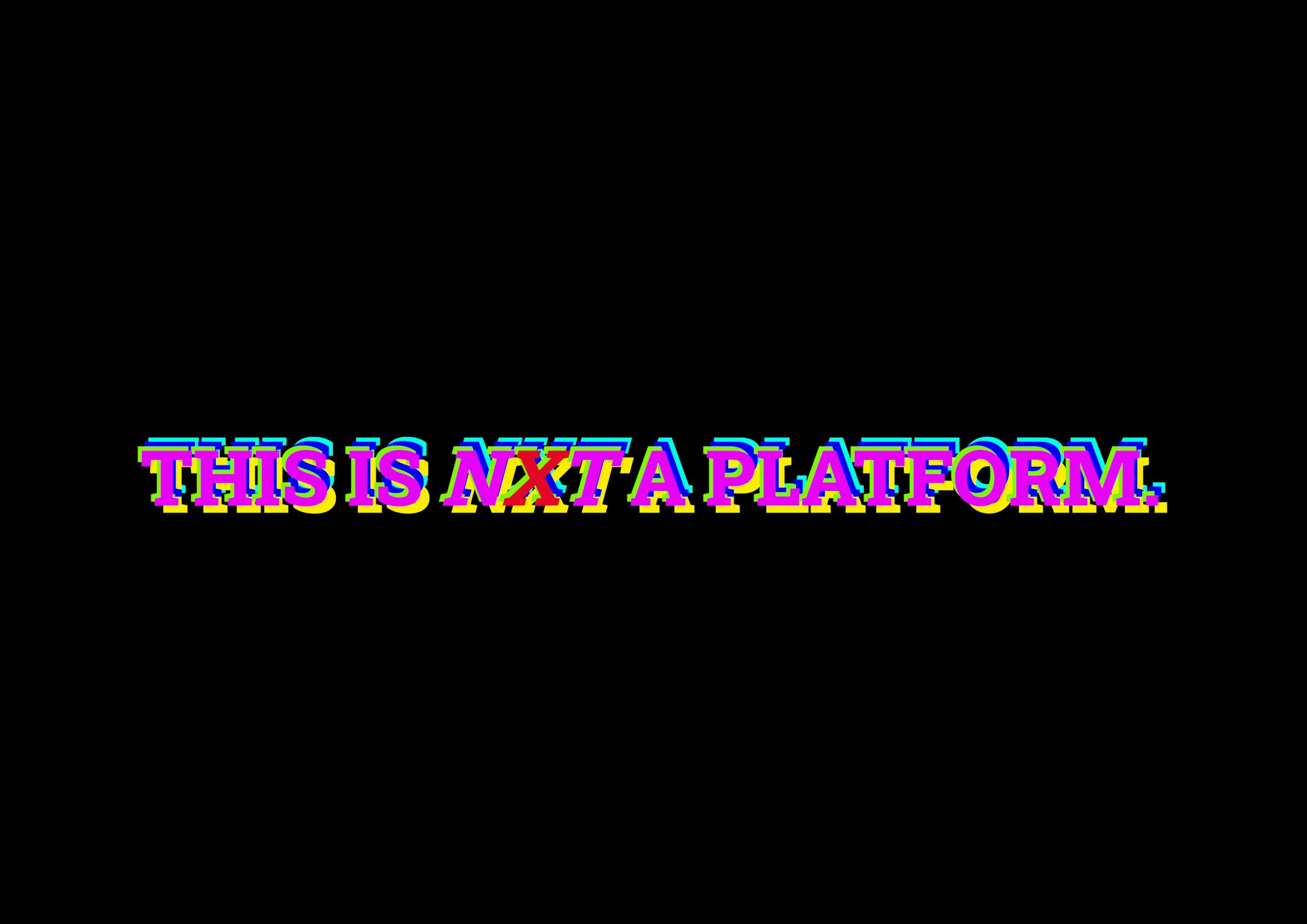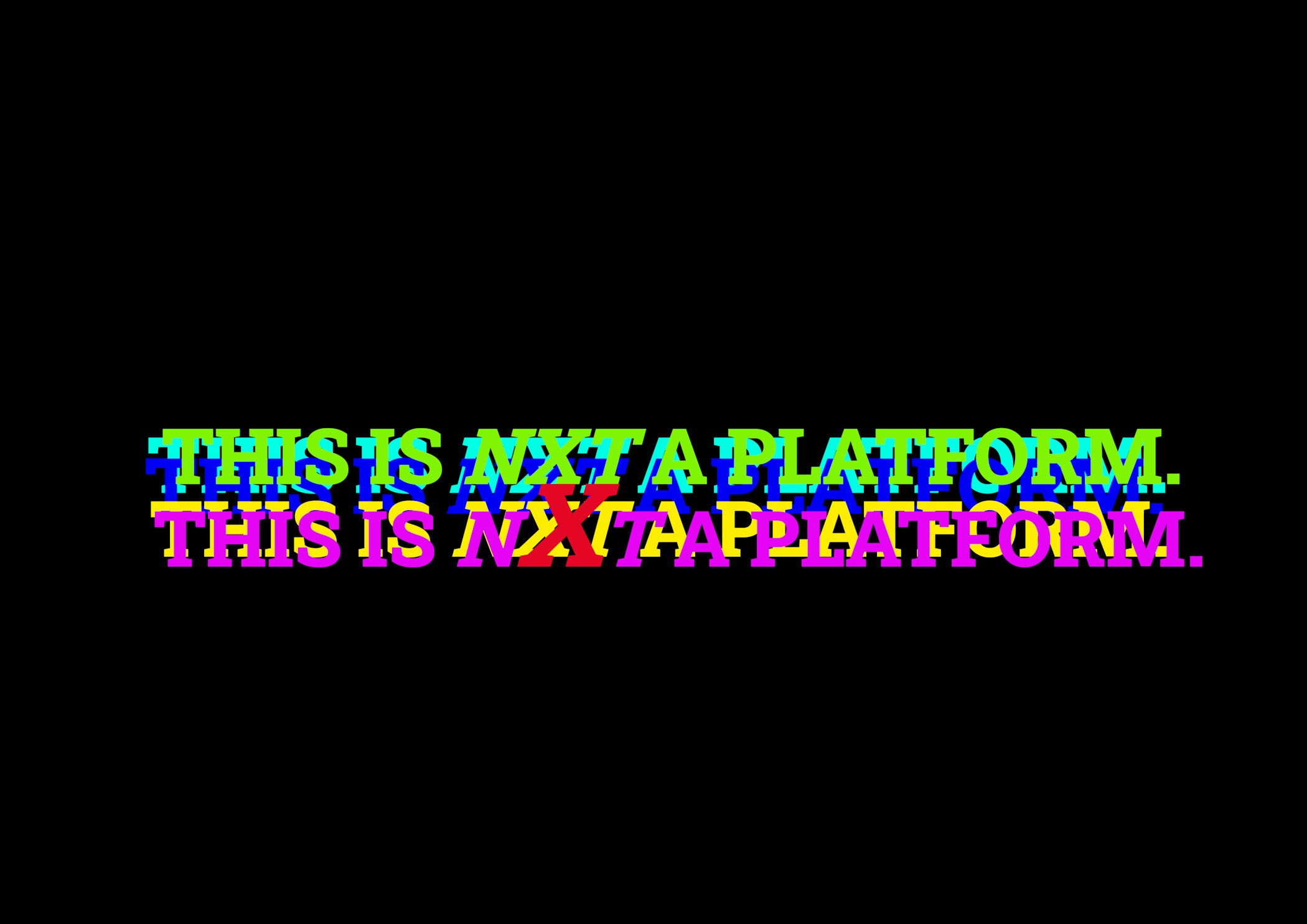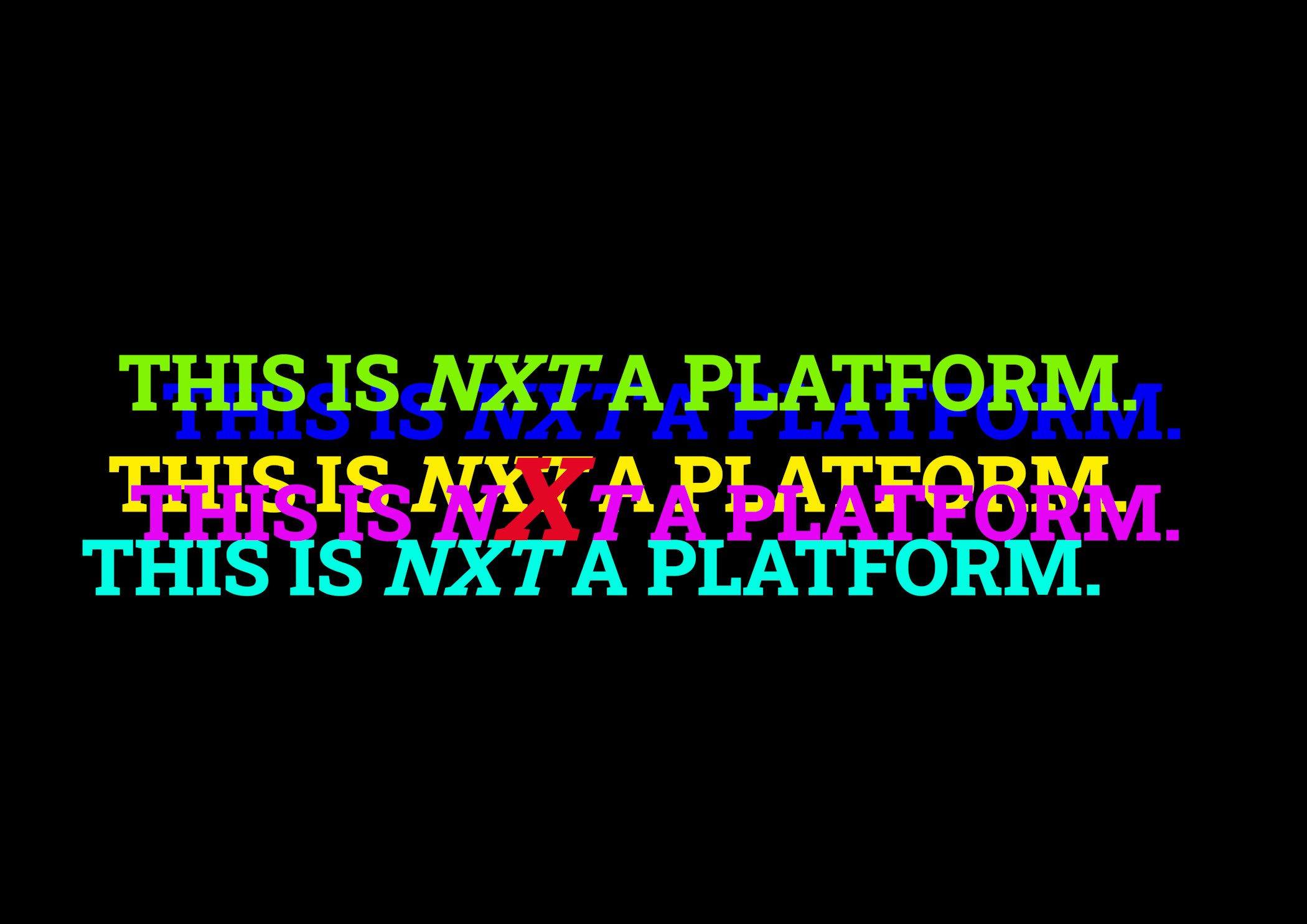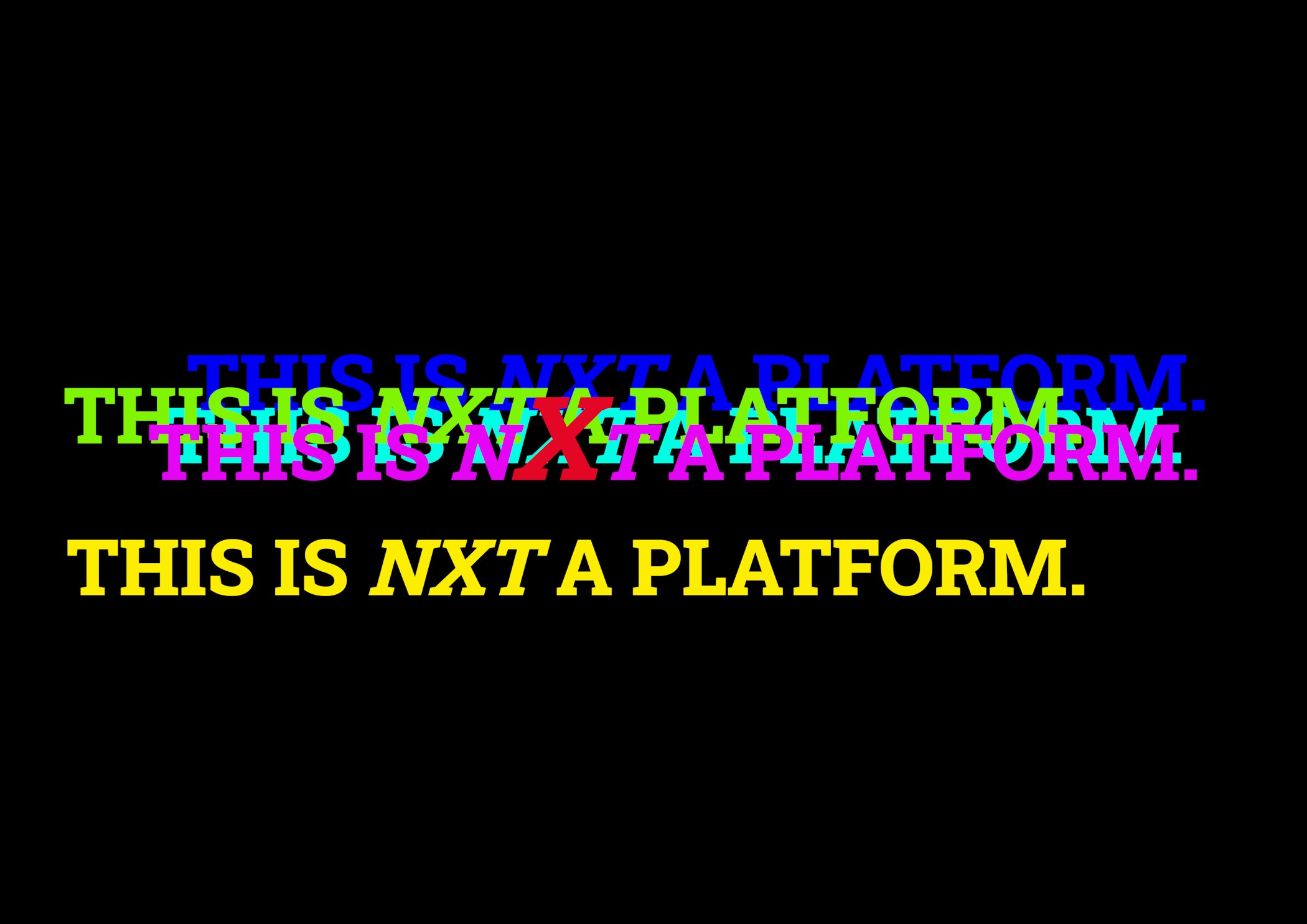
The term platform[1] is both a façade and a misnomer.
It’s a self-fulfilling prophecy.
If we believe that emerging ways of mediating the exchange of labour are disruptive, we make way for the evasion of minimum standards.
If we believe that hard-won labour protections are outdated in a world of apps, we make way for the degradation of working conditions.
If we believe that collective organisation does not have a place in the future of work, we make way for the eradication of worker power.
If we believe that capital holds a monopoly on designing and controlling digital infrastructures, we make way for the privatisation of urban life.
This is not what a platform should be.
This is not what a platform should do.
This is not what a platform has been.
This is not what a platform will be.

Yet the term platform is also a promise. A promise to democratise exchange and empower; a promise to be a neutral mediator; a promise of frictionlessness.
A promise of fair pay.
A promise of fair conditions.
A promise of fair contracts.
A promise of fair management.
A promise of fair representation.
These promises are flawed. Companies exploit the various connotations of the term platform as part of a rhetorical trick. A physical platform as a solid space that holds together matter and material. A discursive platform as a space for debate. A digital platform that manages workers, however, is a totality of false promises.

At its essence, our intervention is a way of imagining a different, and fairer, economy than the one we have today. The platform does not own the future.
We own the future – as workers, unions, platforms, regulators and activists. The first step to change the trajectories of platform urbanism is to change the discourses around it. Only then can we begin to bring an alternative into being.

Comments